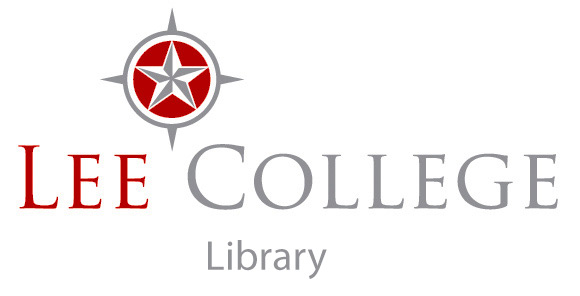Faculty can take steps to reduce “AI-garism” and other forms of academic integrity violations in their courses:
- Clearly communicate whether and how generative AI tools can be used in syllabi. For examples, see this list of sample policy statements that address AI use and their sources.
- Talk to students about why academic integrity matters and the ethical and practical implications of academic integrity violations. Emphasize your trust in your students and your belief that they can successfully complete coursework themselves. Invite students to ask questions and attend office hours if they are confused or feel unable to successfully complete their work.
- Decrease the motivation to commit academic integrity violations by building students’ intrinsic motivation to engage in coursework fully. Some strategies for building intrinsic motivation include emphasizing the relevance of learning tasks, creating authentic assessments, and giving students choices about how to express their learning (e.g. allowing students to select a topic or determine what type of learning artifact to create) (Lang, 2013).
- Reduce students’ assessment anxiety, which can contribute to the likelihood of academic integrity violations, by incorporating low-stakes assessments and scaffolded assignments that allow students to receive periodic feedback and improve their work over time. (University of Pittsburgh Center for Teaching and Learning, n.d.)
